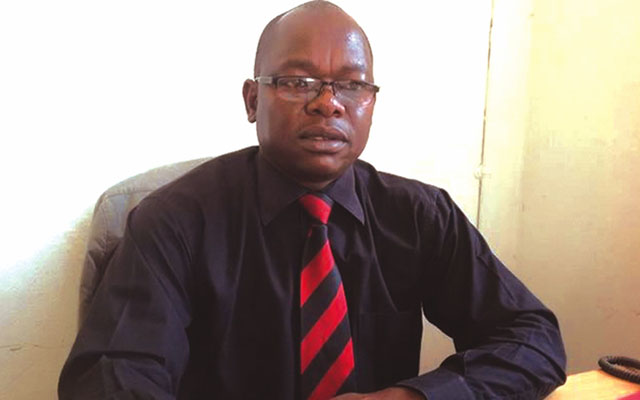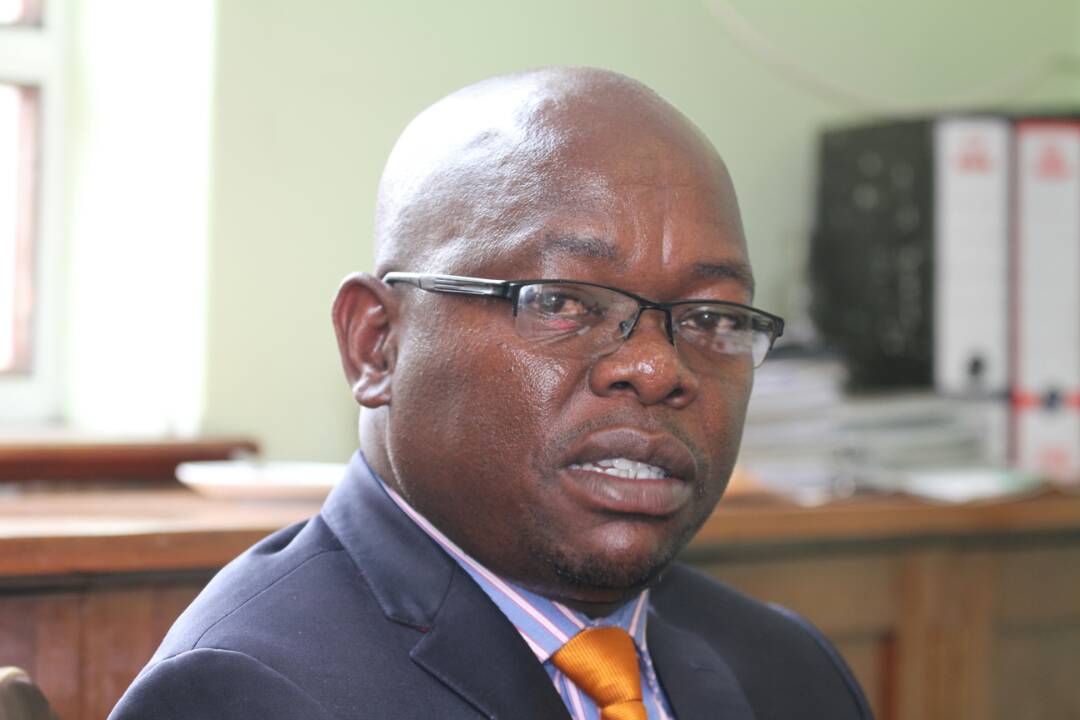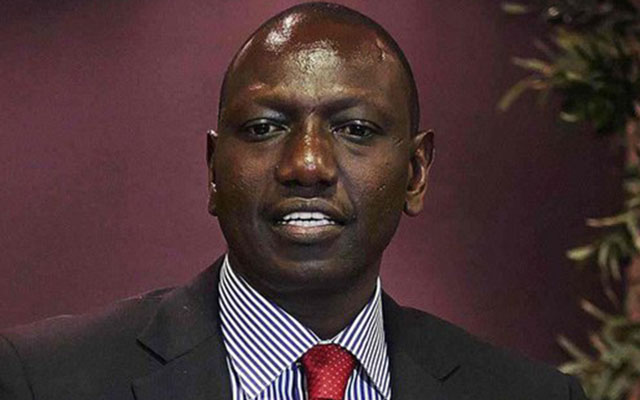Harare acquires $19m road equipment

Innocent Ruwende Senior Reporter
Harare City Council has acquired $19 million worth of road maintenance equipment under the $30 million loan facility accessed from local banks for recapitalisation. This comes amid reports that council and Oxfam, a confederation of non-governmental organisations, are rehabilitating blocked sewer systems in Mbare to avert a potential cholera outbreak.
The city yesterday took delivery of a new asphalt chipping spreader valued at over $265 000 from local company, Machinery Exchange. The delivery coincides with the roll-out of the council’s citywide road maintenance programme funded to the tune of $24 million.
Under the loan facility, Harare also bought 30 refuse compactors from one of the world’s leading automotive manufacturing companies, FAW Group Corporation, for $3,1 million and the first nine trucks were delivered, together with five rollers worth $546 000.
The rest of the equipment, 10 skip trucks, 10 tipper trucks, three graders, one jet patcher, 25 utility trucks and the outstanding compactors, are at various stages of delivery. Chief engineer of works George Munyonga said more equipment was on the way, with Government assisting with foreign currency requirements.
“We have so far ordered equipment in excess of $19 million for the roads and $11 million worth of equipment for other services like refuse compactors and skip bins,” he said.
“So, there is more equipment coming and from the National Budget, Government allocated more money to capacitate us local authorities in terms of road construction. So, above our $30 million, Government is also going to capacitate us to be able to undertake our mandate.”
Eng Munyonga said the city had already started its road rehabilitation programme in the Central Business District, as well as other areas like Willowvale, High Glen, Marimba and Crowborough Way in Warren Park D.
He said the city was attending to roads which remained uncompleted as a result of bitumen shortage and the Christmas break and were eventually damaged. “We are spreading our wings all over the city,” said Eng Munyonga.
“We are going to surface roads, which we had not resurfaced within the next coming two weeks. When we started in the beginning of last year we had an allocation of $1,2 million and Government came up with the Emergency Road Rehabilitation Programme and we were allocated $17,9 million. We utilised $16 million due the limited time which we had and the steering committee allowed us to roll over the remaining $1 million into this year.”
The $30 million loan facility is also set to be used to revamp parks and cemeteries, capacitate the city’s architect, waste management, Harare Municipal Police, traffic law enforcement and valuation and estates. Most Mbare flats do not have proper sanitatary facilities and raw sewage often spews from dysfunctional toilets.
Speaking during a tour of the flats yesterday, Harare City Council director of works Engineer Zvenyika Chawatama said all the 58 blocks of flats have plumping challenges.
“Mbare has 58 blocks, with all of them facing plumbing challenges, meaning if sewage does not travel in the correct channel, (it) will end up on the streets, which will be a health hazard. We are being assisted by our partners Oxfam in repairing the first block,” said Eng Chawatama.
“We are doing repairs on the block and from the lessons we get from it, we will spread the programme to the other blocks using council resources. Basically, prevention is better than cure because when we talk about sewage running in the streets, we are talking of water-borne diseases such as typhoid and cholera.”
Eng Chawatama said the city was also going to provide refuse collection to newly formed suburbs such as Caledonia and Harare South, among others. Last year, Mbare hit by a typhoid outbreak, with over 30 cases of disease being confirmed. Over 23 000 people stay in the flats, which were designed for only 2 140 people.
Recently, the city’s spokesperson Mr Michael Chideme said council was set to demolish Matapi Flats in Mbare, which have become a breeding ground of infectious diseases that are threatening the health of people in Harare. Mr Chideme said Harare would partner with CBZ to build new flats in the area.









Comments